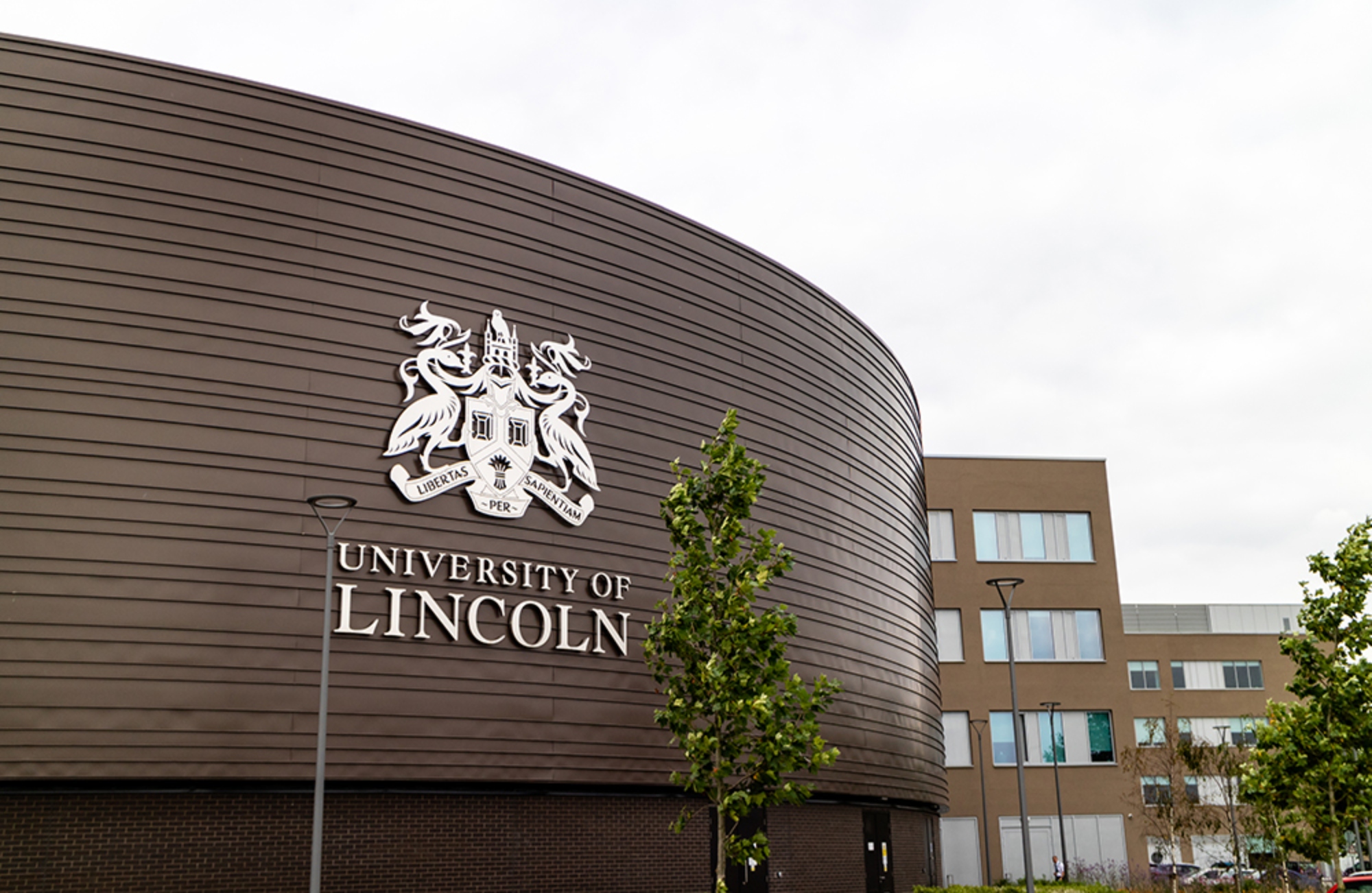The University of Lincoln, along with other UK universities, is urging the government to reconsider its decision to implement visa restrictions on international students, according to BBC reports.
Introduced in early 2024, the new restrictions prevent some international students from bringing their families to the UK. The government claims the measures are aimed at reducing immigration levels.
As a result, the University of Lincoln has reported a 51% drop in international student applications since the policy change.
Raha Fazlollahei, a student from Iran, described it as "really heartbreaking" to be separated from her family, though she acknowledged the opportunity to become more independent.
Like many universities, Lincoln relies on revenue from international student fees to offset the freeze on domestic tuition fees. The number of international student applications at the university dropped significantly, from 2,995 in the 2023-24 academic year to just 1,460 in 2024-25.
National figures from the Home Office show that 393,125 visas were granted in 2024, marking a 14% decrease from 2023. However, this figure remains 46% higher than in 2019.
The university expressed concerns that removing the dependents visa has made the UK a less appealing destination for international students, particularly those pursuing master's degrees, in an increasingly competitive global market.
They also called for a more evidence-based approach to immigration policy that balances controlling migration with preserving the economic and societal benefits of the UK as a leading study destination.
For students from countries like Nigeria, the financial burden of studying in the UK has become even more challenging.
Godswill James, an IT student from Nigeria, noted that while the visa restrictions have affected international student numbers, the high cost of tuition remains a significant issue. He said it costs him between £25,000 and £30,000 to study in the UK.
Sibghatullah Karimi, a student from Afghanistan, highlighted how the disparity in exchange rates between currencies in Asia and Africa makes it even harder for students from these regions to afford studying abroad.
"The students from Asian and African countries, their currency difference is too high, so if we convert that currency, it would be in the millions," he explained.
International students make up roughly one in seven of the student population at the University of Lincoln.
The government has been approached for comment but has previously stated that while international students are always welcome, the recent levels of net migration have been "completely unacceptable," and they are committed to reducing those numbers significantly.










.jpg)